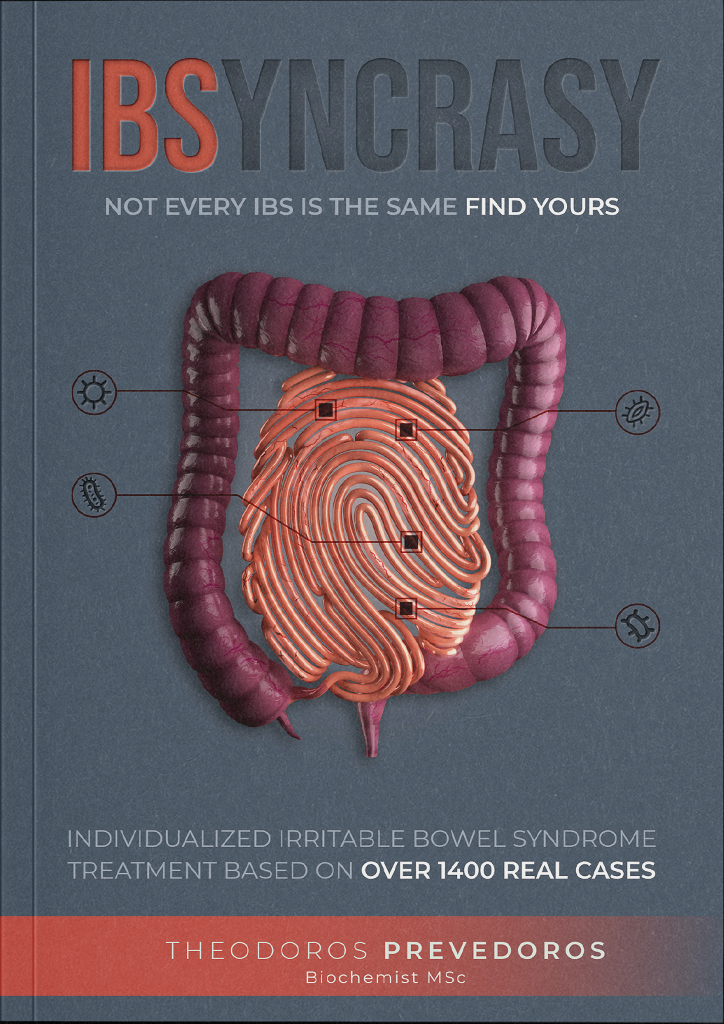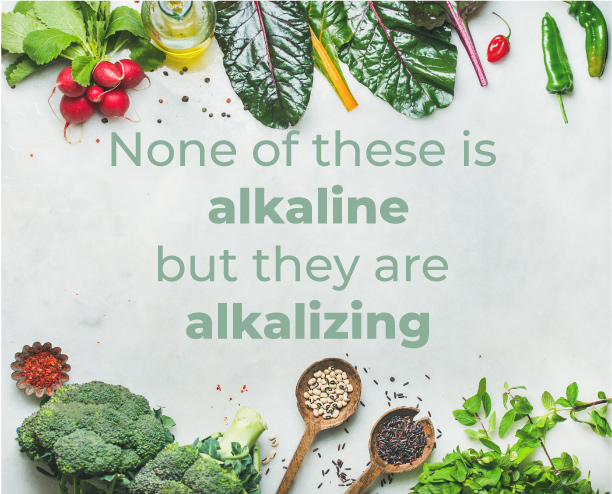Understanding IBS and Gluten Sensitivity
Discover the link between IBS, celiac disease and gluten sensitivity. The potential role of Pseudomonas in causing gluten-related irritable bowel syndrome

Are you one of the millions suffering from Irritable Bowel Syndrome (IBS) and have yet to find relief? Discover the potentially game-changing role of a certain bacteria, Pseudomonas aeruginosa, in causing or exacerbating IBS symptoms. This comprehensive article explores the various gastrointestinal symptoms associated with IBS.
Non-celiac gluten sensitivity (what?)
Irritable bowel syndrome (IBS) is a common gastrointestinal disorder that affects millions of people worldwide. It’s like the black sheep of digestive issues, it’s not as well-known as some other conditions, but it’s just as disruptive to people’s lives. IBS can cause a wide range of symptoms such as abdominal pain, bloating, constipation, and diarrhea. These symptoms can be so severe that they can make it hard to go about your day-to-day activities, and can have a significant impact on a person’s quality of life.
One potential trigger for IBS symptoms is gluten sensitivity, a condition in which the consumption of gluten (a protein found in wheat, barley, and rye) leads to an immune response and inflammation in the gut. For some people, eating gluten can be like setting off a firecracker in their gut, causing a whole host of unpleasant symptoms. It’s important to note that not everyone with IBS has gluten sensitivity and not everyone with gluten sensitivity has IBS, but for those who do, it can be a real game-changer.
What is gluten sensitivity?
Gluten sensitivity, also known as non-celiac gluten sensitivity (NCGS), is a condition in which a person experiences symptoms similar to those of celiac disease (an autoimmune disorder triggered by gluten consumption) but without the presence of the antibodies or intestinal damage seen in celiac disease. While the exact cause of NCGS is not known, it is believed to be related to an immune response to gluten.
- Cross-reactivity: Some subjects may experience food intolerance due to cross-reactivity with other proteins found in non-gluten containing foods, such as dairy or soy.
- Genetic predisposition: Some subjects may have a genetic predisposition to gluten sensitivity, which can be triggered by environmental factors.
- Neurological conditions: Gluten may cause symptoms in patients with neurological conditions, such as gluten ataxia or gluten neuropathy.
- Autoimmune disorders: In some subjects, gluten sensitivity may be linked to underlying autoimmune disorders, such as Hashimoto’s thyroiditis or rheumatoid arthritis.
- Gluten-related disorders: Gluten sensitivity is also associated with other gluten-related disorders such as gluten-sensitive enteropathy and gluten-sensitive enteropathy-like conditions.
- Environmental toxins: Exposure to environmental toxins such as pesticides and heavy metals can increase the risk of gluten sensitivity in subjects without celiac disease.
Why does gluten irritate the gut (if you don't suffer from celiac disease)?
- Gluten has antigenic properties, which can cause an immune response in individuals with nonceliac gluten sensitivity or wheat allergies.
- Gluten is much more concentrated in wheat seed due to hybridizations for commercial reasons, leading to higher levels in the foods we eat.
- We consume more wheat than ever before, contributing to an increased risk of gut irritation.
- Gluten can cause bowel habit changes and symptoms of celiac disease.
- Gluten can cause inflammation in the gut.
- Gluten may disrupt the gut microbiome, leading to imbalances in beneficial bacteria.
- Gluten can cause a leaky gut, which can lead to various gut-related issues.
Symptoms of gluten sensitivity
- Abdominal pain and discomfort
- Bloating and gas
- Diarrhea or constipation
- Fatigue
- Headaches
- “Foggy mind”
- Skin rash (dermatitis herpetiformis)
- Joint pain
How is it diagnosed
To diagnose gluten sensitivity, healthcare providers will typically start by ruling out celiac disease through blood tests and a biopsy of the small intestine. If celiac disease is ruled out, a gluten challenge may be done to see if symptoms improve when gluten is removed from the diet and if symptoms recur when gluten is reintroduced.
Can gluten sensitivity mimic irritable bowel syndrome?
Patients with irritable bowel syndrome (IBS) often experience gastrointestinal symptoms that can be mimicked by gluten sensitivity. Those suffering from non-celiac wheat sensitivity (NCWS) are especially susceptible to these symptoms, as gluten is the main culprit. This means that those with IBS may also suffer from NCWS and find relief by following a gluten free diet. Studies have shown that many of the same gastrointestinal symptoms seen in IBS can be caused by gluten, and it is important for patients with IBS to look into their own gluten sensitivity in order to properly manage their condition. Therefore, it is possible for gluten sensitivity to mimic IBS, and it should not be overlooked when considering potential causes of digestive problems.
A (not so) uncommon cause of gluten intolerance in people with IBS: Pseudomonas aeruginosa
The link between IBS and gluten intolerance is not fully understood, but recent research has highlighted the potential role of the bacteria Pseudomonas aeruginosa in IBS patients. Microbiological assessments of duodenal biopsies in people with IBS have revealed that P. aeruginosa is not an uncommon finding. This bacteria has the ability to break down the gluten protein, specifically the fraction called gliadin, into highly antigenic forms. This mimics the celiac-like antigens and may lead to constant, low-grade inflammation in the absence of any celiac disease biomarkers. This inflammation may cause IBS-like symptoms such as abdominal pain, discomfort, and changes in bowel movements.
It is suggested that in some cases, the symptoms of IBS may be caused or exacerbated by gluten intolerance due to P. aeruginosa which may lead to a change in the way we approach the diagnosis and treatment of these conditions.
How is gluten sensitivity treated?
The primary treatment for gluten sensitivity is a gluten-free diet. This means avoiding all products that contain gluten, including wheat, barley, and rye. However, it’s important to note that a gluten-free diet can be challenging and may not be necessary for everyone. It’s crucial to work with a healthcare professional or registered dietitian to develop an individualized treatment plan.
But if there is an overgrowth of Pseudomonas (or several other bacteria) in the small intestine, the relief from gluten abstinence will not be consistent and will not last for long. These cases require proper antimicrobial treatment and several treatment tips to avoid gluten antigenicity.
Conclusion
IBS and gluten sensitivity are both complex conditions that can significantly impact a person’s quality of life. While the exact cause of gluten sensitivity is not known, it is believed to be related to an immune response to gluten. If you suspect you may have gluten sensitivity, it’s essential to work with a healthcare professional to properly diagnose and treat the condition. A gluten-free diet may be a challenging but effective treatment option for managing symptoms.


With a background in Chemistry and Biochemistry from the National and Kapodistrian University of Athens, Theodoros brings a wealth of knowledge in functional medicine and advanced treatments to his role. He possesses exceptional skills in analysis, pattern recognition, diagnostic translation, and storytelling. He is also FMU certified in Functional Medicine and has received training in advanced treatments from the Saisei Mirai Clinic in Japan.


